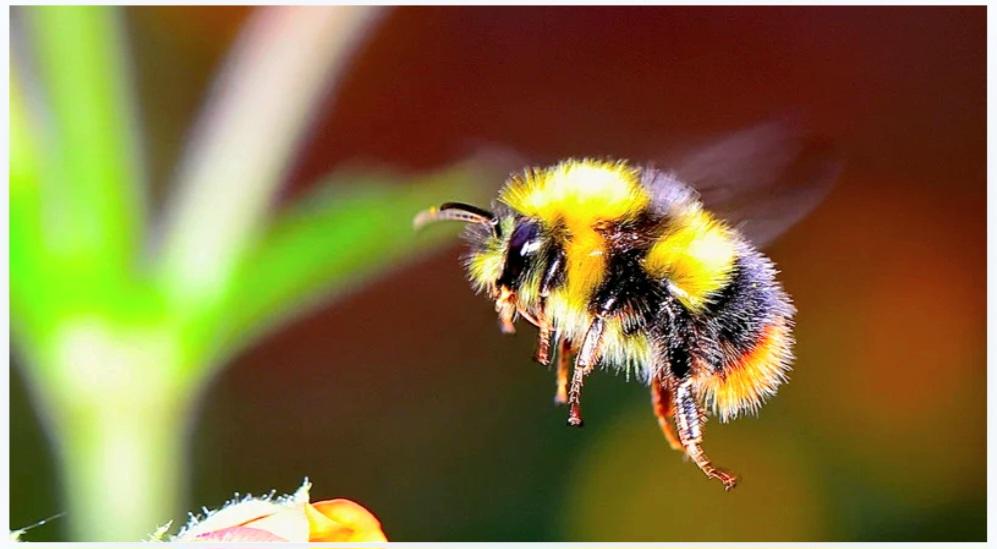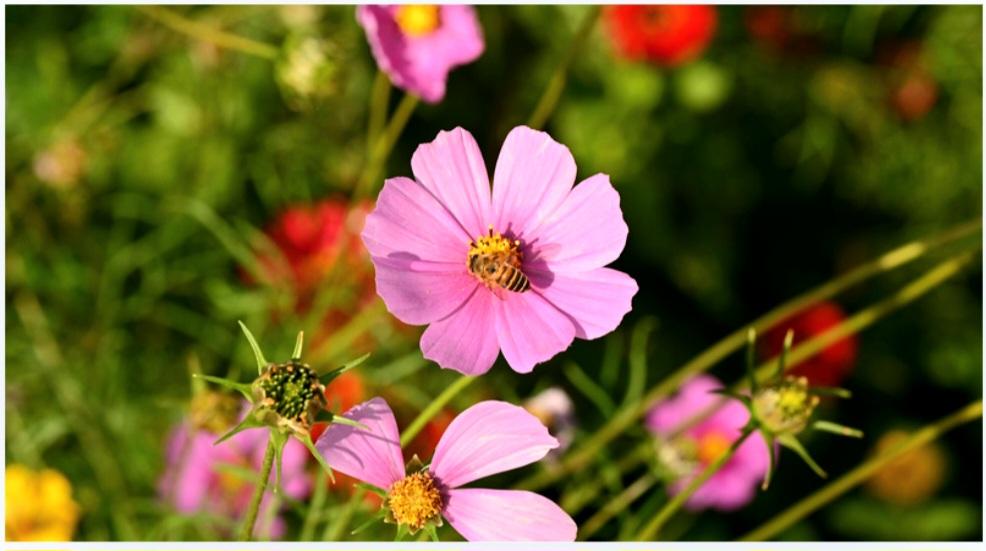
Source: Civic Media
It’s a crisis that’s unfolding across the state and country. Pollinators like bees and butterflies are vanishing at an alarming rate. Some regions are reporting a 90% drop in populations since the early 2000s. Clean Wisconsin Communications Director Amy Barrilleaux joined Todd Allbaugh, host of The Todd Allbaugh Show, to emphasize the concern during Pollinator Week and share how you can help starting in your own backyard.
“Probably when you and I were kids, we didn’t think much about pollinators,” Barrilleaux says. “But now we know one in every three bites of food we eat exists because of them.”
Listen to the entire segment here, starting at the halfway mark:
No episode found
Apples, cranberries, almonds, and many vegetables depend on pollinators. But the threats are mounting, including habitat loss, climate change, and a class of pesticides known as neonicotinoids, or “neonics” for short.
“These are neurotoxins,” Barrilleaux explains. “They mess with a bee’s ability to navigate, feed, and even be social in the hive.”

Neonics became widely used in the late 1990s, particularly in conventional corn farming, where nearly all seeds are coated with the chemical. Once applied, the pesticide becomes part of every piece of the plant, and runoff means it ends up in nearby soil and even drinking water. Barrilleaux also cites studies showing the pesticide has been detected in Wisconsin’s groundwater—especially in the Central Sands region.
“There haven’t been many human health studies, but we know it’s showing up in wells, and animal studies suggest a range of negative effects,” she says.
Wisconsin introduced legislation aimed at curbing neonic use on public lands. And Barrilleaux’s organization is part of a statewide working group that includes farmers, university researchers, and policy experts trying to find common-sense solutions.
“This isn’t just an environmental issue,” she shares. “These chemicals don’t always boost crop yields. So if they’re not helping farmers and they’re harming pollinators, what are we doing?”
While policy battles continue, Barrilleaux emphasizes how everyday Wisconsinites can help, starting in your own yard. She recommends setting aside a small, undisturbed space for native plants—ideally avoiding pesticides entirely—and buying pollinator-friendly plants from trusted local sources.

“Many bees nest in the ground under leaf cover,” she explains. “When we mulch everything and clean it up too early, we’re disturbing their homes.”
She also encourages you to choose organic food when possible—especially crops like berries, nuts, and corn, which are often treated with neonics.
“You vote with your dollar,” she says. “Organic products don’t use these chemicals, so it’s one way to protect yourself and the planet.”
And one last bit of advice for those obsessed with perfect lawns: don’t be afraid to let the dandelions bloom.
“We spray because we think a lawn needs to be flawless, but in doing that, we’re wiping out pollinators’ food,” Barrilleaux explains. “It just doesn’t have to be that way.”
Want More Local News?
Civic Media
Civic Media Inc.
The Civic Media App
Put us in your pocket.